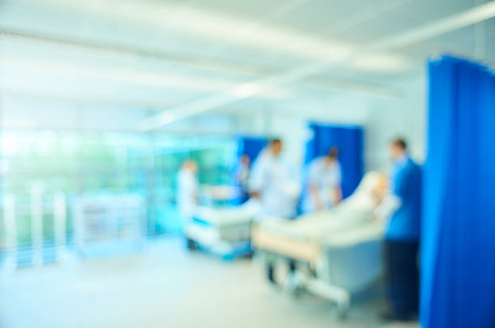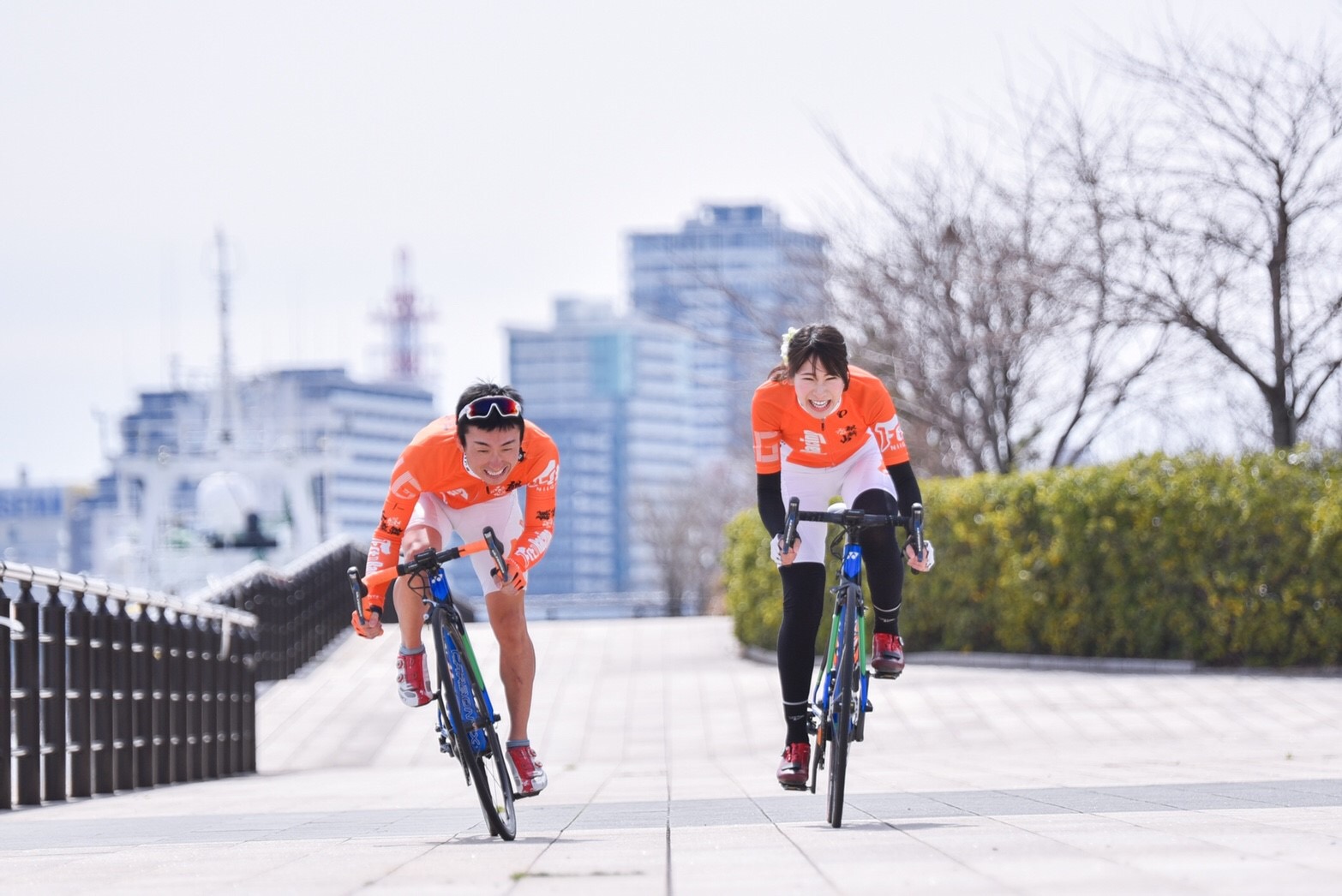Hello everyone! My name is Moemaguro. I'm a medical doctor in Japan and love cycling (* ^^ *)
“There were 6 divers with new coronavirus pneumonia. 5-6 weeks after they recovered from the pneumonia, CT examination and medical examination showed that respiratory function declined, abnormalities on CT images, and asthma symptoms. As a result, doctor did not allow them diving under the current health condition. ”
This news was published on April 15, 2020. I named this the Diver Problem.

This is a warning that severe lung damage from a new coronavirus infection may result in long-term cardiopulmonary function damage and lung damage.
I think this is a big concern for athletes, so I'll read this diver's article and share my personal opinion.
Overview of the diver problem
First of all, I will explain what this diver problem is ...
This is a report posted by an Austrian doctor in a magazine for divers. I summarized the contents and explain clearly.
Report of Dr. Frank Hartig of Innsbruck University Hospital, Austria

Dr. Frank Hartig of Innsbruck University Hospital, Austria, warns of possible long-term lung injury of divers after coronavirus infection.
Six divers were among the new coronavirus-infected patients treated at Innsbruck University Hospital. After examination and treatment, their symptoms gradually improved.
5 to 6 weeks after recovery, the patient's subjective symptoms (shortness of breath, dyspnea, etc.) had disappeared, but as a result of light exercise, 2 people had asthma-like symptoms (airway hypersensitivity), lung shunt (reduced ability to take oxygen in the lungs) was observed in 2 people, and abnormal CT images were observed in 4 people.
Scuba diving with reduced cardiopulmonary function is dangerous and exercise-induced athema is a well-known contraindication among divers.
Therefore, the doctor decided that early return to scuba diving is not recommended at this time.
Studies on the long-term effects of the new coronavirus are just beginning, but there are many reports of the virus attacking the lungs and the resulting lung damage.
The evaluation of the problems faced by divers after the new coronavirus infection will surely be months ahead.
And this may change, and long-term medical recommendations are speculative until clinical trials are conducted.
However, there are short-term recommendations. That is, even after weeks of recovery, there are still serious symptoms that can be dangerous for diving.
These tests will need to be discussed with your doctor within the next few months. With this small number of cases, everything is still a hypothesis and will be clarified by further studies.
CT image mentioned in the article

It is a CT image of the lungs of a 40-year-old patient 6 weeks after the new coronavirus infection.
Extensive infiltrates are seen in both lungs.
The patient's subjective symptoms are good, but clinically there is a decrease in oxygen saturation.
References https://www.wetnotes.eu/tauchen-nach-covid-19-erkrankung/
Will the aftereffects of the new coronavirus pneumonia remain?
From here on, it's my personal insight.
Not only new coronavirus pneumonia but respiratory function declines if pneumonia occurs
Most people know that pneumonia causes symptoms such as cough, fever, and respiratory distress.
Inflammation occurs in the lungs, which damages lung cells and reduces their function. The damage appears as a scratch on a plain chest X-ray or CT image, and the damaged cell cannot work properly.
As a result, If you get pneumonia, your respiratory function will decline.
However, how much the respiratory function deteriorates also depends on the person's original lung condition (heavy smoker; full of lung holes, underlying diseases such as interstitial pneumonia, etc.) and the extent of inflammation.
How long will the respiratory function decline?
It is said that in the case of general pneumonia, it takes 6 weeks to 6 months to recover, although there are individual differences depending on the damage and immune system.
Despite the improvement of symptoms in daily life, exercise may cause symptoms such as shortness of breath and cough.
In addition, the shadow of pneumonia may remain on the chest X-ray or CT image even after the symptoms disappear.
I don't know if this shadow will disappear in a few weeks or months, or will it last a lifetime because there are differences in depth, extent and individuals.
Some pneumonia, such as pulmonary tuberculosis, is known to leave scars. However, I'm not sure if the new coronavirus is one of them.
Long-term follow-up is necessary for new coronavirus pneumonia, and I don't think much can be said at this point.
However, it is a little scary fact for athletes that once pneumonia can have long-term effects even after recovery.
Make sure your cold doesn't get worse and bacteria or viruses don't get deep into your lungs. If you have a cold, take a good rest.
About CT images mentioned in the articles
To be honest, at first glance at the image, I thought that it was severe pneumonia.
It's easy to imagine that pneumonia would have reduced lung function even after 6 weeks.
Rather than being a new type of coronavirus pneumonia, I think that even with common pneumonia, if it is so severe, it will often not be recovered in about 6 weeks.
There are no typical image features of new coronavirus pneumonia, ranging from mild to severe.
It is possible that the respiratory function decline has been prolonged because the case reported this time happened to be a serious case. As mentioned above, what will happen in the future requires long-term follow-up.
However, although the mechanism is still unknown, it is said that inflammation can easily spread to a wide range because the vortex of inflammation may occur due to the influence of the virus.
(It is a phenomenon that inflammation occurs in a place different from where the virus exists in the lungs)
In addition, a CT scan was performed on asymptomatic coronavirus patients for screening, it turned out that there was a shadow in thier lungs.
Which means that even if the infection is subclinical (there is no symptom but the virus is infected), it may affect the lungs in some way, so I would like to prevent the infection even if the disease does not get serious.
Respiratory function can be restored by training
People who have a cold or pneumonia may need rehabilitation to restore their respiratory function.
For athletes, respiratory function is especially important.
First, sit in a chair and purify your respiratory muscles with pursed breathing. Then, walk little by little and increase activity level.
We will increase the strength according to the physical condition and strengthen the endurance.
With these exercises, respiratory function gradually recovers.
You will not know how much you will recover unless you try it.

Summary
I have summarized the diver problem.
New coronavirus pneumonia can have long-term effects on respiratory function, which is a bit scary for athletes.
However, there are no professionals for the new coronavirus, and long-term follow-up and research are required.
If you are infected with a coronavirus, you will be affected after that.
I took up this topic because I would like you to consider the problem from this perspective as well.
I hope you find it helpful. Thanks for reading.








![皮膚科の美人女医が選んだ!自転車女子へおすすめの日焼け止め[顔用]](https://i0.wp.com/medicalcyclist.com/wp-content/uploads/2022/03/img_7908-scaled.jpg?resize=150%2C150&ssl=1)



